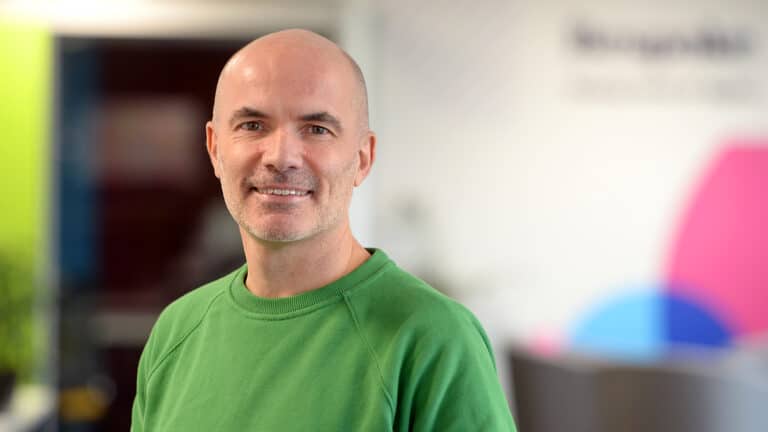Agencies universally acknowledge that lost pitches are a massive drain on company time and resources and often don’t deliver the best solution for clients, writes Steve Brennan, co-founder and CEO at digital agency Bespoke.
He asks whether, in the modern world, the solution lies with agencies working together to find the right fit for clients, rather than wasting so much time working against each other.
In-house marketing teams often hire the wrong agency partner and whilst there are a number of reasons for that, at its core is the tendency to run with the traditional pitching process. The process made some sense for ad agencies back-in-the-day, pitching creative ideas, but makes little sense for digital agencies in the sphere of specialism and sector or technology niches.
We’ve all been there as agencies where we’ve come away from a pitch process baffled by the eventual decision and we’ve all won some accounts we might not quite have expected to as well.
Equally, clients often report feeling frustrated with their agency, that they don’t really “get them” or bring the right ideas to the table. So why do so many persist with the traditional pitching process?
“We don’t pitch”
Three years ago we decided to take a different approach by applying a simple rule that if we don’t genuinely believe we are the best agency the prospect could hire we don’t pitch. The mindset is simply to help each client find the perfect agency for them, one with whom they can have a smooth and successful relationship for many years.
We also decided to stop preparing pitches for clients and instead present what we do for our clients with simplicity and clarity and then have an adult conversation to establish whether we are likely to be a two-way match for each other or not. On many occasions we have found ourselves turning down large contracts as a result but it turns out it pays to hold your nerve with this approach.
Of course it means having a clearly defined niche – Bespoke works with service and manufacturing clients in the North West and London for example, and only on lead-generation website or digital marketing projects. So it’s very easy to establish whether each lead that comes in is one we should consider pitching for or not.
There’s a huge upside of playing the role of “matchmaker” for client and agency alike.
Firstly, for the agency, you find yourself only attending pitches where there’s an extremely high chance of winning the account. So very little time and expense is incurred around pitching. While all clients vary, the pitch process is in a similar ballpark each time and the work that will be carried out afterwards usually has several unifying themes too. So it’s efficient to deliver and it’s possible to build a team of real experts around the niche.
After a period of time it’s possible to look at your client roster as an agency and feel that all of them are fully matched and should be on the books. So there is next to no client churn – accounts are smooth running and enjoyable to manage across the board.
Secondly, clients win too. Removing the competitive element disarms the process – it creates an environment where everybody involved can speak openly and lay out concerns and questions and attempt to address them together. The understanding that the agency will walk away from the process if they don’t feel they’re best matched option creates trust with the client too.
When a client does engage this way they’re not only almost certain to make the right choice of agency hire, they’re also likely to share very transparently what’s really important to them, and the
agency can do that too. It’s possible to discuss the risks of moving ahead together and reach understanding of what the engagement will need to look like to be successful for many years.
Collaboration
Of course for many agencies it may feel counterintuitive to put short-term commercial interests aside when pitch opportunities arise.
But as well as the commercial benefits already described here, there is of course the added benefit that where agencies build up small networks where work is simply referred to one another on a “best match” basis, that also means agencies building these relationships receive plenty of introductions they wouldn’t otherwise have got too.
In fact, the ideal scenario for clients and for agencies would be that there is little to no competitive pitching at all and agencies simply collaborated to help clients match with the most appropriate provider in each case.
There’s more than enough work to go round for every good agency to be fully booked every year.
So in most cases it makes sense for agencies to share work around carefully rather than competitively pitch against one another. It’s a win for agencies and for clients.












